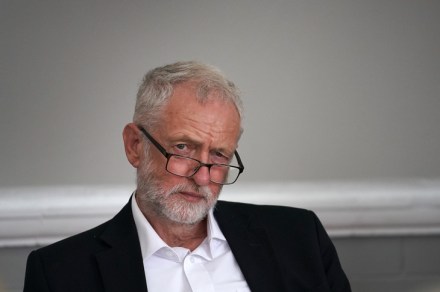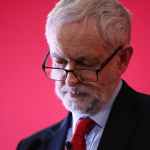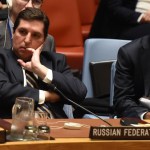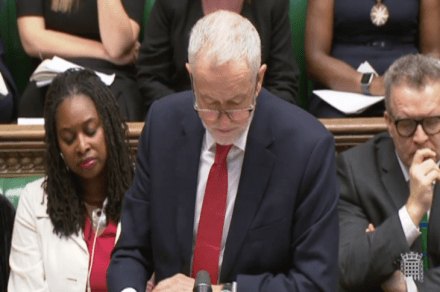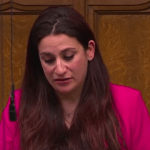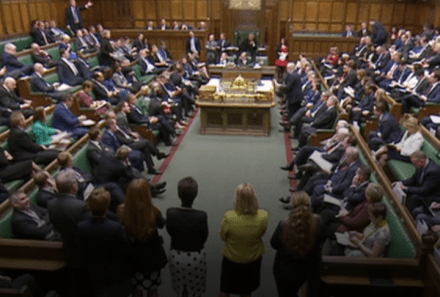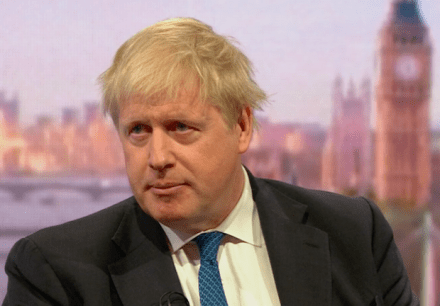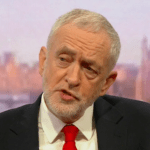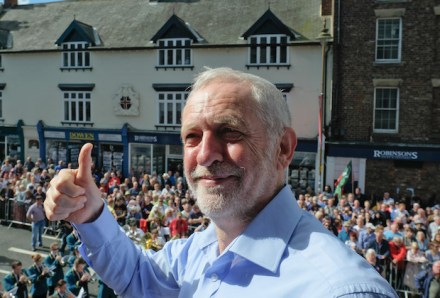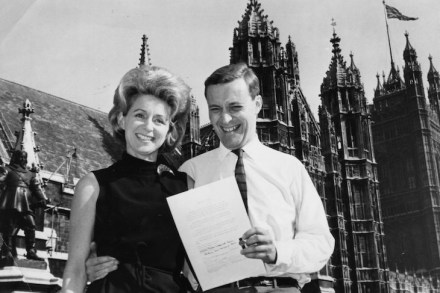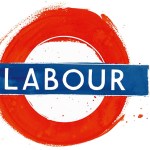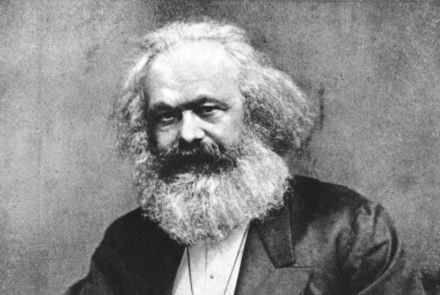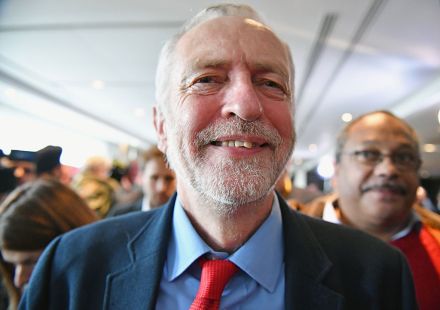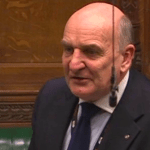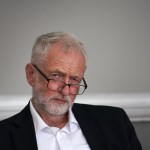Jeremy Corbyn’s ‘positive and constructive’ anti-Semitism meeting
Oh dear. On Tuesday evening, Jeremy Corbyn met with Jewish leaders to discuss his party’s anti-Semitism problem. The meeting didn’t sound as though it would be the most harmonious affair what with the Labour leader accused of not taking the concerns of the Jewish community seriously – and his decision to meet with the ‘radical’ fringe group Jewdas first. So, there was much relief when Corbyn issued a post-meeting statement heralding a ‘positive and constructive’ meeting: ‘We will continue to engage and work with Jewish community organisations to deal with this issue. Our party will not fail our Jewish brothers and sisters.’ Only, it seems the Jewish representatives at the meeting
